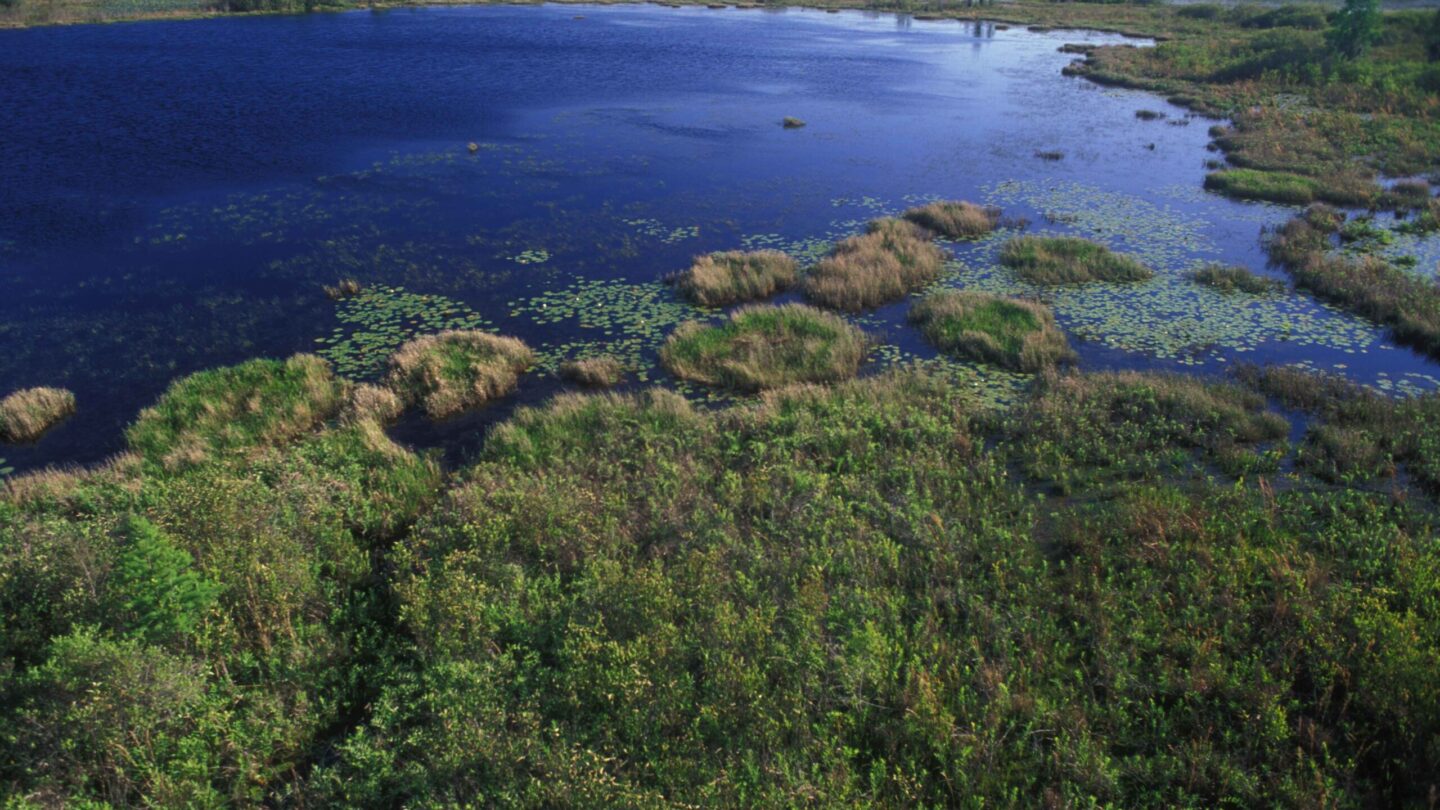Despite a busy lobbying season and legislative talks about Georgia’s most famous swamp, no bills passed on the Okefenokee this year.
The popular House Bill 71, nicknamed the Okefenokee Protection Act, picked up over half the House of Representatives but died in committee again.
A renewed version of HB 1338, a bill creating a 3-year moratorium on applications for certain types of mining near the Okefenokee Swamp, was introduced in the senate but failed to pass on the last day of the session.
But there’s still a lot more to come this year for the Okefenokee.
Public comments still open
The last of the permits that Alabama-based Twin Pines Minerals needs from the Georgia Environmental Protection Division is about to wrap up public comments on April 9.
Earlier this month, the public comments video call garnered hours of comments from everyone from Okefenokee neighbors talking about economic impacts to former EPD employees concerned about the agency’s scientific due diligence.
Rena Peck, executive director of the Georgia River Network, which operates the state’s water trails, says in her memory the EPD has pretty much never denied a permit like this. However, this one is different than before.
“In the past, they’ve been able to depend on — standard operation procedure has always been — to depend on the US Army Corps of Engineers to weigh the facts and to do the due diligence, And so if they could pass that, then they can pass the EPDs surface mining act components.”
That can look like a variety of things — increased wetland protections, more required studies of the area for endangered species, and more.
Federal protections, federal rights
The summer of 2022 was filled with a tumultuous legal back-and-forth about whether Twin Pines’ proposed mining area contained any federally protected wetlands that would require more stringent environmental assessment standards.
Ultimately, after a settled lawsuit with Twin Pines Minerals, the federal government does not legally have any protected wetlands at the mining site.
The murky legal waters were due to a Trump Administration-era U.S. Supreme Court ruling that rolled back protections for wetlands, making many that were previously federally protected no longer so.
While the federal government isn’t claiming those wetlands anymore, it still has a dog in the fight.
The U.S. Fish and Wildlife Service (USFWS) asserts it has federal water rights due to the impacts it has assessed the mines would have on the wildlife refuge.
In a January 2024 letter to the Georgia Environmental Protection Division, the agency said federal water rights are based on the amounts of water sufficient to maintain the purpose of the National Wildlife Refuge — and right now, nobody knows what that number actually is. The agency asked the EPD to work with it to perform that analysis.
Michael Lusk, the refuge manager at the Okefenokee, spoke on behalf of the agency during a video meeting for the current, ongoing public comments.
“The concerns expressed by the U.S. Fish and Wildlife Service have to date not been adequately addressed by the committee and revealed shortcomings in the modeling used to predict impacts to the refuge,” Lusk said.
The National Park Service, which is under the U.S. Department of Interior alongside USFWS and all the National Wildlife Refuges, had staff at its South Florida Natural Resources Center to perform an independent technical review of the mining plans.
According to a March 2023 letter from the Department of Interior to the EPD, the agency found that “ the modeling used to predict the magnitude, extent and types of impacts from the proposed mining process and reclamation was not adequate to accurately predict the impacts to the Okefenokee wetland ecosystem,” including the Okefenokee National Wildlife Refuge.
The USFWS requested a meeting with the EPD to discuss federal water rights and the permit, and the EPD confirmed its director, Jeff Cown, met with the Fish & Wildlife Service Regional Director on Feb. 12.









